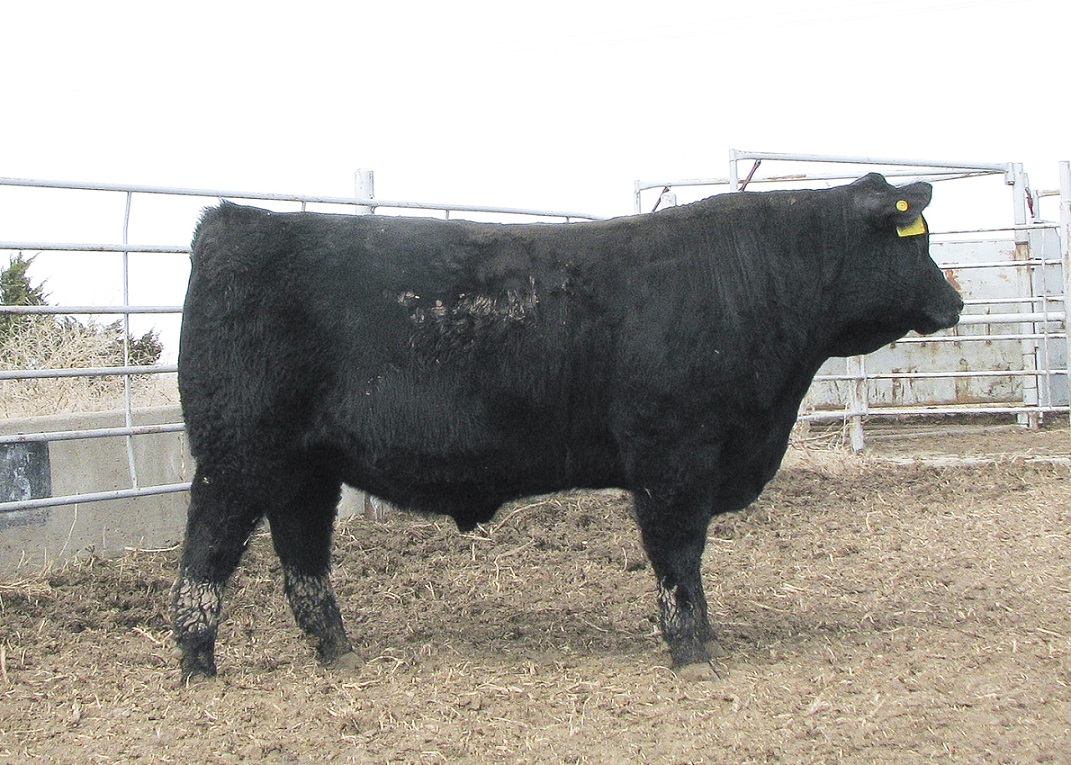
Since 1993, the U.S. Meat Animal Research Center (USMARC) has produced a table of factors to adjust Expected Progeny Differences (EPDs) so that the genetic merit of individual animals can be compared across breeds. These adjustment factors are needed because EPDs published by one breed are inherently not comparable to those published by another breed. This is due to several factors including differences in arbitrary base adjustments used by each breed, the lack of data from comparisons among animals of different breeds, and differences in selection emphasis for a specific trait in one breed compared to another. Consequently, producers who wish to compare bulls of different breeds must utilize across-breed adjustment factors. Currently the USMARC calculates across breed adjustment factors for 18 breeds for growth and carcass traits including: birth weight, weaning weight, yearling weight, maternal milk, marbling score, ribeye area, and fat thickness. Producers can use these additive adjustment factors to adjust EPD to a common Angus base. Across-breed adjustments are updated annually to capture differences in base changes, genetic trends, and the addition of more data generated in the Germplasm Evaluation Project at USMARC. Current across-breed adjustment factors can be found at http://www.beefimprovement.org and http://www.eBEEF.org. It is anticipated that these adjustment factors will be updated again in the spring of 2018 when International Genetic Solutions (IGS) releases a multi-breed evaluation using updated models and software (BOLT, Theta Solutions, LLC).
As an example, to compare an Angus bull’s EPDs directly to a Hereford bull’s EPDs bull buyers need to use the following adjustment factors to add to the Hereford bull’s EPDs: 1.6 (birth weight), -18.2 (weaning weight), -42.1 (yearling weight), -14.1 (milk). If a Hereford bull has a Milk EPD of 23, his Milk EPD on an Angus base would be 8.9 (23 – 14.1). For bull buyers wishing to directly compare bulls of different breeds this exercise is critical.
Do Across-Breed EPD adjusted factors tell us about breed differences? No. Do not confuse the EPD adjust factors with breed differences. The annual report from USMARC also presents breed of sire means for growth and carcass traits. Differences in these breed of sire means are half of the differences between breeds. It is critical not to confuse the two. The breed differences can be used to determine how breeds rank relative to a particular trait and inform which breeds best fit given production scenarios. The Across-Breed EPD factors should only be used to compare EPDs of animals across breeds.
To listen to BeefWatch podcasts go to: https://itunes.apple.com/us/podcast/unl-beefwatch/id964198047 or paste http://feeds.feedburner.com/unlbeefwatch into your podcast app.